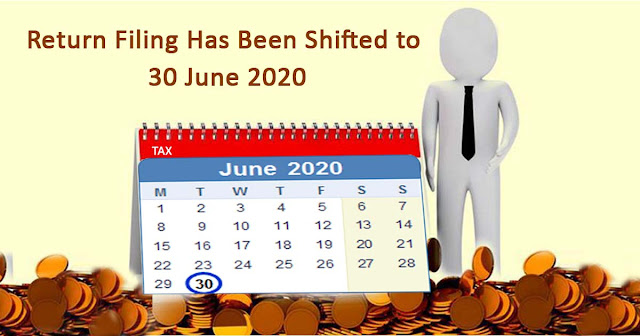The entire world today is struggling with COVID-19 crises. The pandemic has caused the economy to go steep down leading to a huge financial loss to businesses of all kinds. Amidst this calamity (corona outbreak), the government has come up with certain provisions to help the entire all the taxpayers accumulation of the country.
Here is the list of provisions taken up by the government to help taxpayers fight with the prevailing market situation:
- The due date for income tax returns filing for FY 2018-19 has been shifted to 30 June 2020. Returns filed on or before the said date will invite no penalties or interest.
- Due dates for filing GSTR 3B are valid for the month of March, April and May and the last date for filing composition returns has been extended till the last week of June respectively.
- The government is not charging any interest or penalties from companies with an annual turnover of less than Rs. 5 Crore in terms of return filing till June. Delay in return filing will attract the interest of 9% for bigger firms.
- Businesses can apply for the availing Composition Scheme till the last week of June 2020.
- The last date for clearing all the dues under ‘Sabka Vishwas Scheme’ is shifted to 30 June 2020.
A complete lockdown for 21 days was announced by PM Narendra Modi on Tuesday (24 March) due to increasing corona crises. The lockdown is valid for the entire nation. Access to the crucial services only will be available. He also focused on the immediate need to restrict the spread of the disease in the country asking all the countrymen to support by staying at home.


Comments
Post a Comment